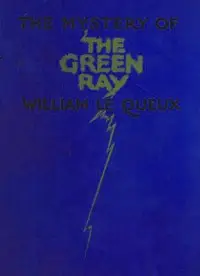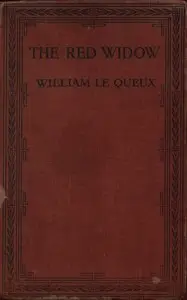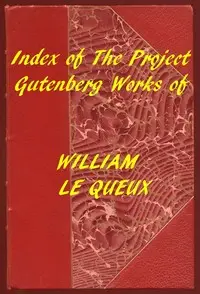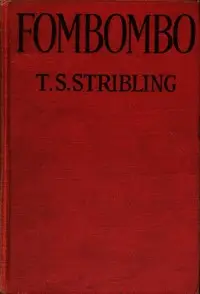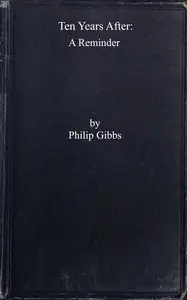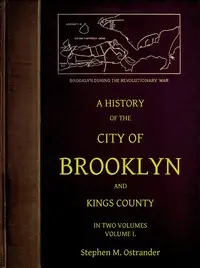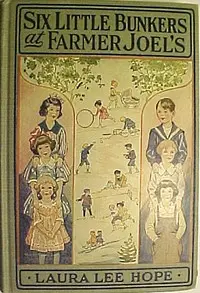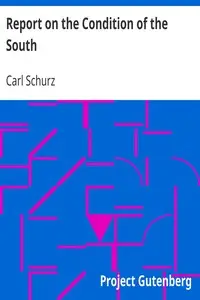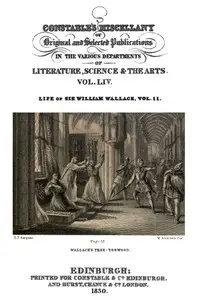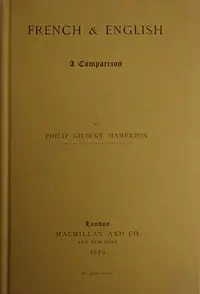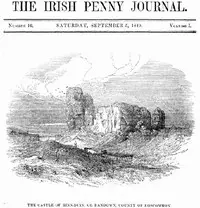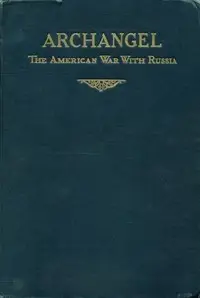"Britain's Deadly Peril: Are We Told the Truth?" by William Le Queux is a critical historical account written in the early 20th century, specifically during World War I. The book presents a strong condemnation of the British government's handling of the war effort, particularly in terms of transparency and preparedness. It likely explores themes of national security, public sentiment, and governmental responsibility, emphasizing the risks posed by misinformation and negligence during a time of peril. At the start of the book, Le Queux expresses deep concern over Britain's unpreparedness as Germany's military actions unfold. He critiques the government's tendency to downplay threats and mishandle information, noting the public's growing distrust as a result of poor communication and censorship. He argues that the British people deserve a clear understanding of their country's wartime position, rather than the comforting narratives fed to them by officials. The opening sets a tone of urgency and accountability, as Le Queux urges readers to confront the harsh realities of the war and reflect on their implications for national safety and unity. (This is an automatically generated summary.)
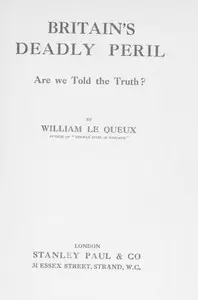
Britain's Deadly Peril: Are We Told the Truth?
By William Le Queux
"Britain's Deadly Peril: Are We Told the Truth?" by William Le Queux is a critical historical account written in the early 20th century, specifically ...
William Tufnell Le Queux was an Anglo-French journalist and writer. He was also a diplomat, a traveller, a flying buff who officiated at the first British air meeting at Doncaster in 1909, and a wireless pioneer who broadcast music from his own station long before radio was generally available; his claims regarding his own abilities and exploits, however, were usually exaggerated. His best-known works are the anti-French and anti-Russian invasion fantasy The Great War in England in 1897 (1894) and the anti-German invasion fantasy The Invasion of 1910 (1906), the latter becoming a bestseller.



